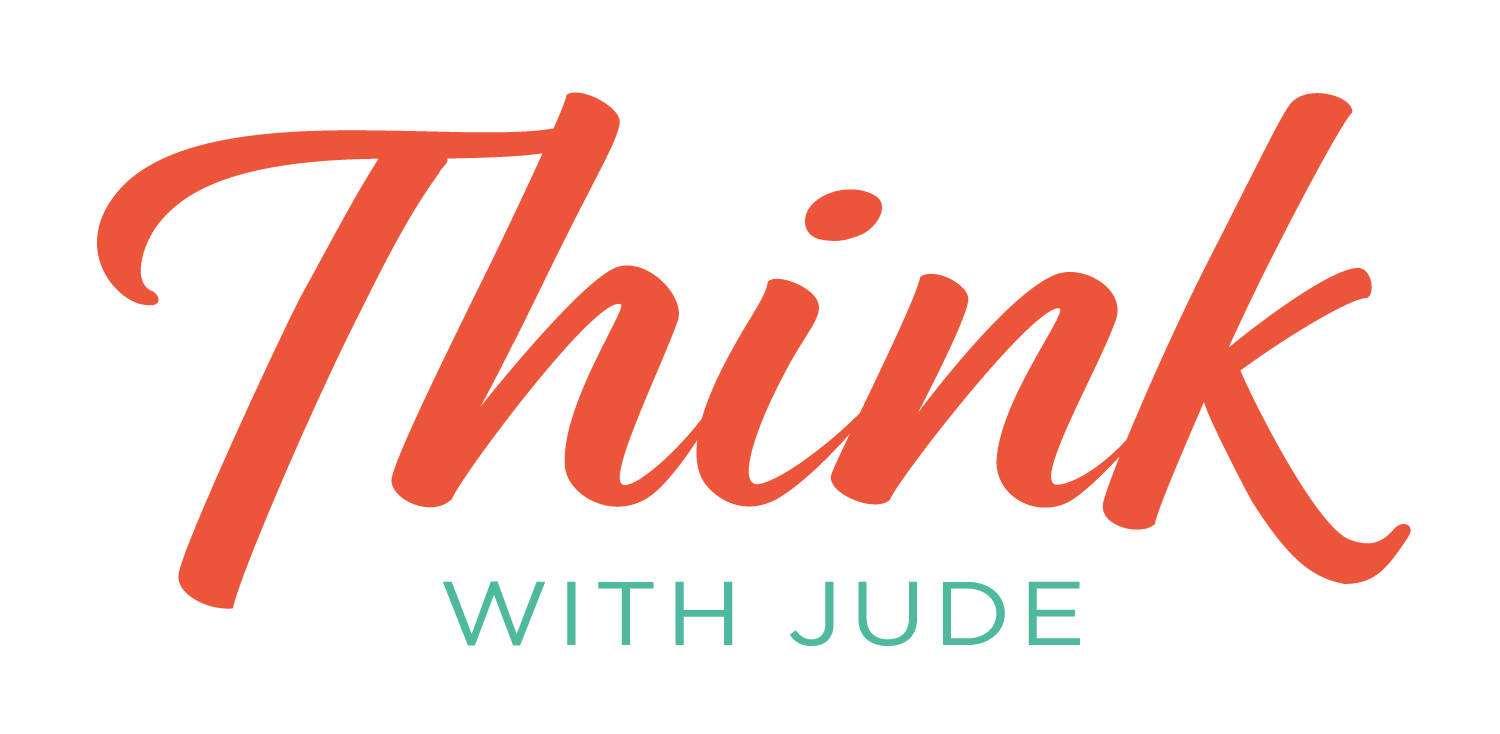Who coaches the coaches?
Just as doctors have doctors and therapists have therapists, coaches also have coaches.
If you’re thinking about bringing a coach into your organisation or working with one yourself it is worth asking them about the coaching they receive and why they have chosen that form of coaching for their development.
At the moment I am engaged in three types of coaching:
1. Supervision
Supervision is not having someone watch me as I coach (although I do that as well), it’s where you take time to stop and reflect on your coaching practice with another coach or specifically trained supervisor of coaches.
When you’re in the moment with your client it is easy to miss patterns that emerge or other possibilities of action. You might find that you keep getting stuck with a client or miss that you’re bringing your own stuff into sessions.
I am in a supervision group with 5 other coaches facilitated by a supervisor. We meet together 4 times a year and I meet one to one with my supervisor once a year.
I wouldn’t work with a coach who is not in supervision, for me it is a mark that they are as committed to their development as they are to mine and gives me assurance that they have my best interests at heart.
2. Coaching triads / co-coaching
This is where I work with two other coaches and we take turns as coach, coachee and observer. I try to do this at least 4 times a year if not more.
I love coaching triads because they allow me to work on those niggling small dilemma’s that you wouldn’t set up a coaching series I can try out new techniques with a client who is sympathetic and can explain why something worked or didn’t and make suggestions for improvement.
3. Thinking partnerships
A thinking partnership is between two people using the Thinking Environment approach developed by Nancy Kline.
In a thinking partnership you take turns being the thinker and the listener. As thinker you talk about your thoughts, as listener you put all of your attention on the thinker, creating an environment that encourages ease, diversity and non-judgement.
This is a technique I’m using more with my clients so being able to practice and experience more myself helps me to be more skillful in when and where I use it.
4. Executive coaching
I’m doing three types of coaching at the moment and I think it’s important to work with an executive coach over a longer period in the same way as I do with my clients. I’ve done this 3 times in my career, twice during major career transitions and 18 months ago when I was setting up Think with Jude. I think it’s important for me to go through the entire coaching life cycle from time to time so I stay close to what it is like for my clients.
This was bit of a long answer and hopefully a helpful one. If you’ve got any question shoot me an email and I’ll get back to you.
Looking for advice and inspiration on how to thrive in your career in your inbox each Sunday?
[fancy-ul icon_type=”standard_dash” color=”Accent-Color” alignment=”left”][/fancy-ul]




